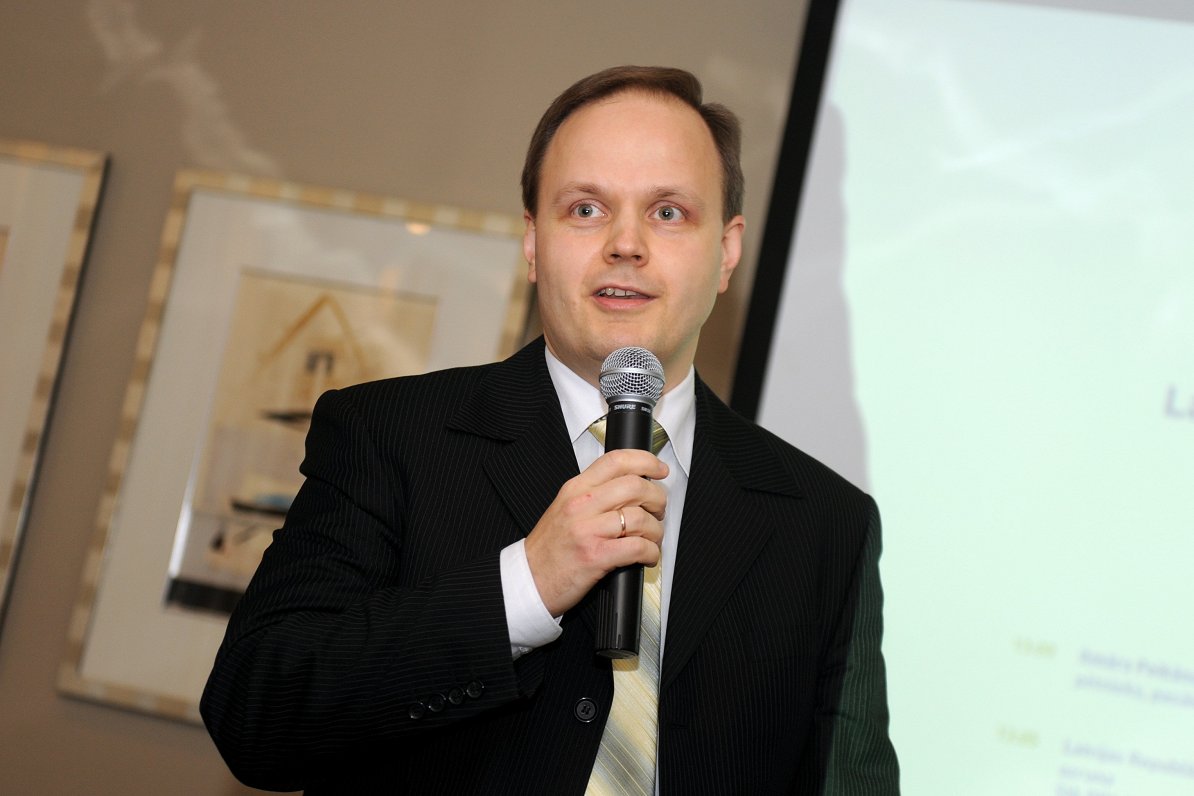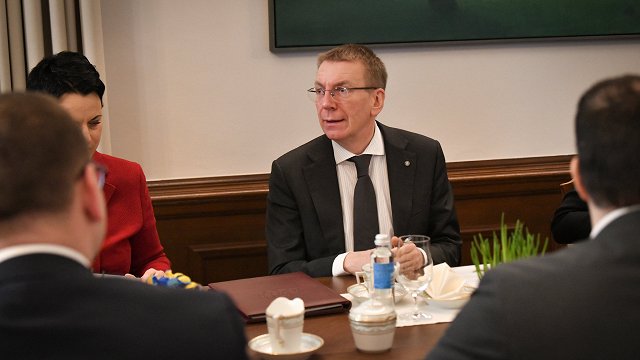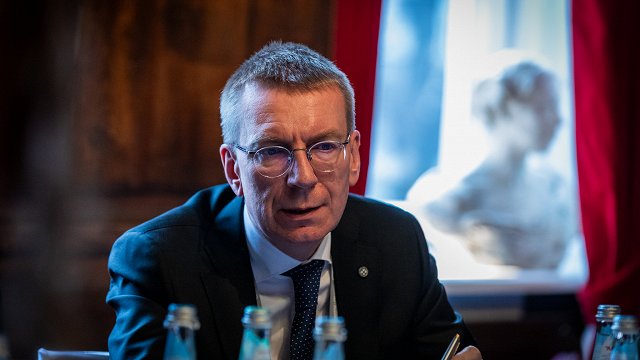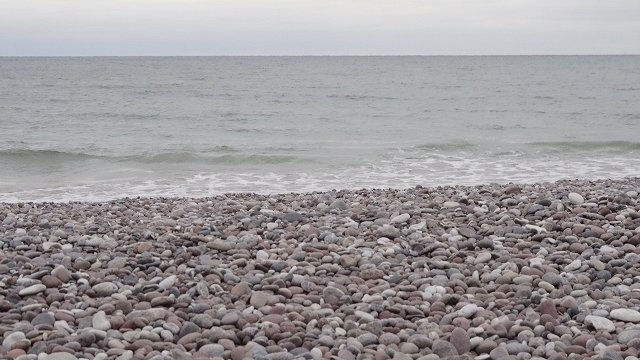"Even though Ilmārs Poikāns had violated the law, the public gain from Ilmārs Poikāns' actions has far surpassed the harm. It has spurred honesty and transparency in the public administration and brought attention to the safety of state IT systems," the president said.
The decision was also affected by the fact that, after the verdict was announced, Poikāns had appeared at the probation service voluntarily.
His sentence was previously confirmed by the Supreme Court, which on October 27 upheld Riga Regional Court’s January 17 ruling sentencing Ilmars Poikans to 60 hours of community service.
The case against Poikans was brought by ABLV bank and vigorously pursued despite widespread public approval of his actions, for which he even won a European award.
During the first hearing of the appellate claim on November 2, 2015, Riga Regional Court overruled the decision of the court of first instance and acquitted Poikans of the charges of unlawful use of personal data but found him guilty on the charges of stealing trade secrets and gave him 100 hours of community service.
In September 2016 the Latvian Supreme Court lifted the Riga Regional Court's guilty verdict on the charges of stealing trade secrets and ordered a repeated trial at the appellate court. The Supreme Court upheld the Riga Regional Court's decision in the part where Poikans was acquitted of unlawful use of personal data that had caused significant damage.
According to the charges, in July 2009 Poikans found a security hole in the electronic tax return filing system of the State Revenue Service. Between October 2009 and February 2010, he downloaded over 7 million electronic documents about individuals and legal entities, including a bank, hence the charges about stealing trade secrets.
The case has in part contributed to the drafting of new whistleblower protection laws which aims to encourage whistleblowing in the public interest and may help prevent the persecution of individuals and prosecution of similar cases in future.





























